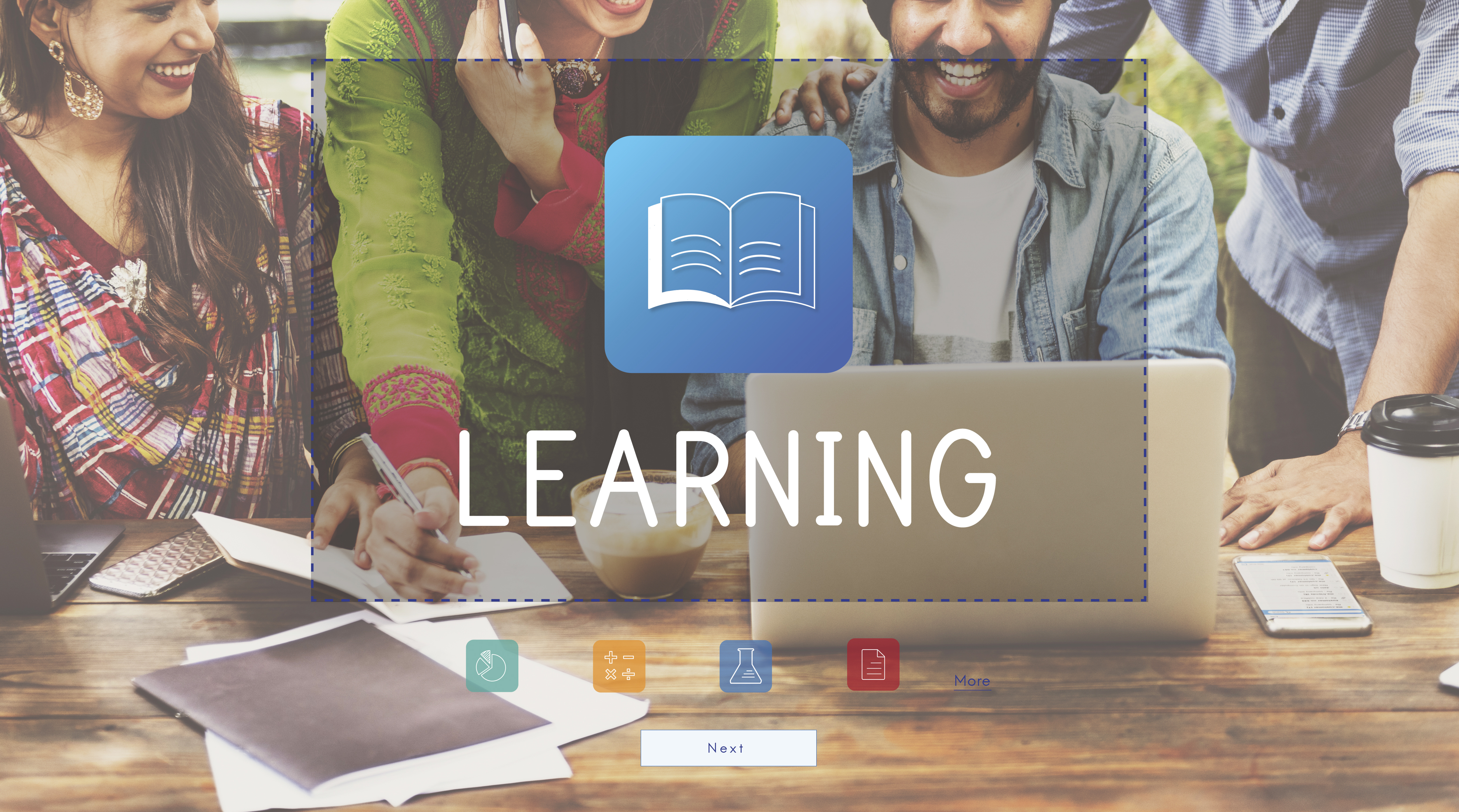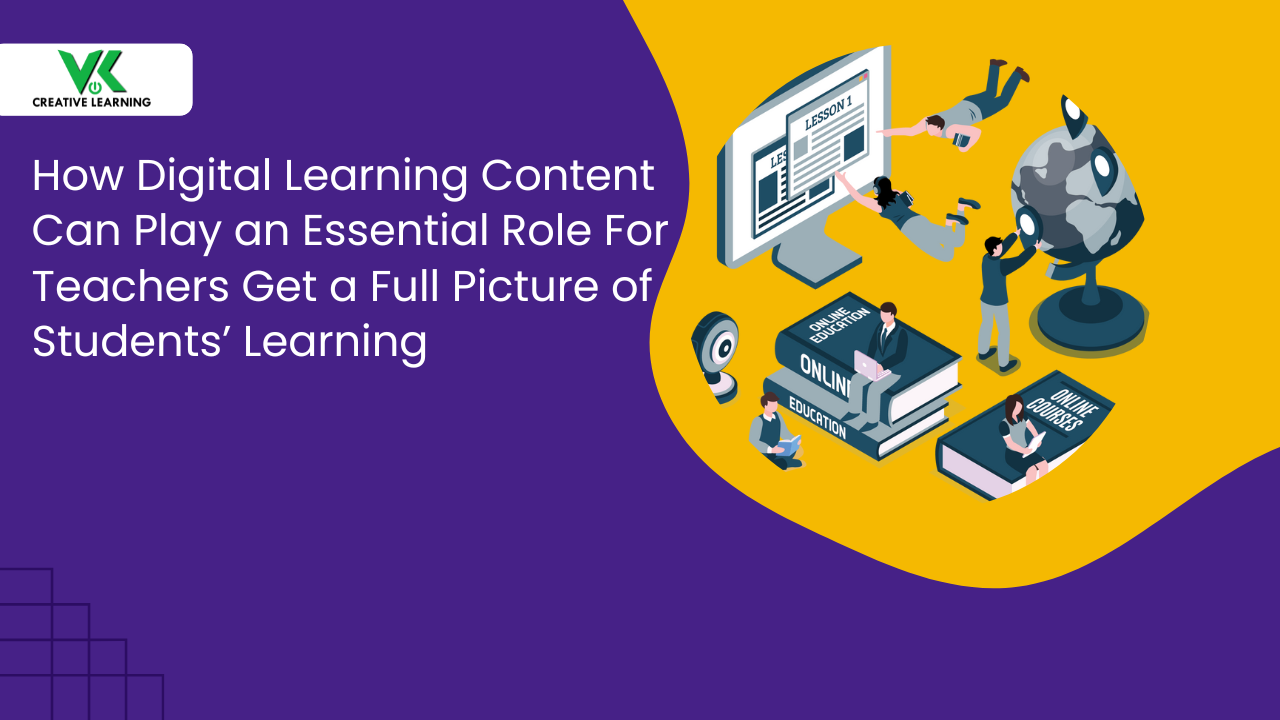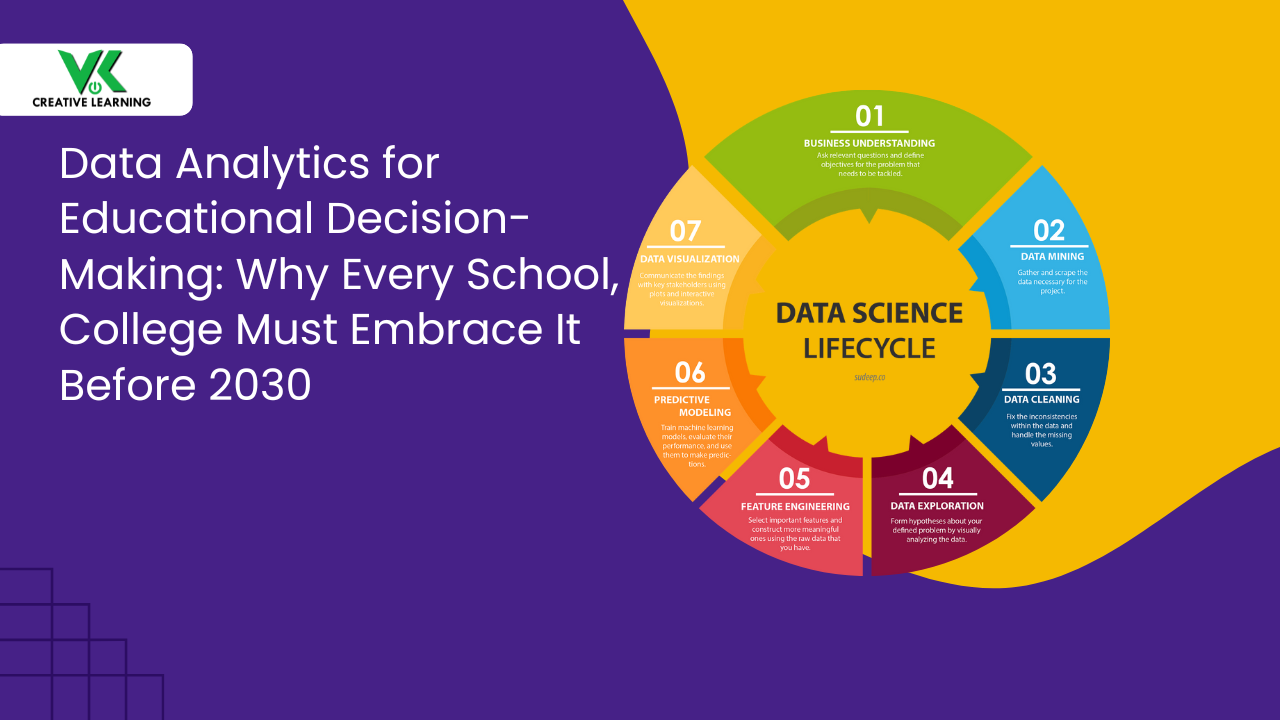How Impactful Is Your eLearning Solution: Key Metrics and ROI
January 09, 2024
Improvements in learners can only be understood by gauging various factors associated with the comprehension of complex concepts. This means certain adjustments have to be made to the eLearning program if required.
To illustrate this idea: consider that a training session has been arranged for professionals and their performance is evaluated. On assessing their work, one can understand where they are going wrong and instructors can plan their next course of action to make the employees comprehend the needed concepts thoroughly.
Similarly, the same approach can be adopted by the teachers for the students so that they don't commit the same mistakes.
This way they can figure out whether the learners are struggling when it comes to prioritizing tasks or are they finding the subject matter difficult to grasp. In some cases like when professionals are dealing with a super hectic schedule, they want the information to be presented in a manner that is easy to assimilate.
These are exactly the improvements that assessments of eLearning programs through measurements of some metrics can bring to the table.
A Look at Key Metrics for Evaluating the Learners' Comprehension
There are several essential indicators that we will be discussing that would help to evaluate the comprehension of the knowledge seekers. These key factors are listed below elaborately with examples hereunder.
Learners' Engagement: An idea about this aspect will assist immensely in understanding how much the learners have soaked in the information thoroughly. This particular facet is influenced by several factors such as time spent, completion rates, and how much level of participation the learners are showing.
Elaborately put, when the total time that students have invested in the courseware is evaluated, it would give an idea of how well they are familiar with the course material or how much they find it interesting.
This also gives an overall picture of their dedication to completing the lessons and their commitment to understanding the concepts. Particularly, when it comes to the completion rates of the courseware, it highlights how deeply the learners have understood the concepts and they are ready to apply the information in real life.
Now, one may wonder how real-world applications can be related to the subject matter. This is possible as quizzes and other assignments are part of the eLearning program that aids in the evaluation process.
Additionally, when it comes to evaluating comprehension, discussion participation rates of the learners can also play a deciding role. That is, learners can take part in the group discussion.
This demonstrates that they have understood the core concepts of the course comprehensively. And, the best aspect is that they are able to apply the learned concepts in real life and see the problem from different angles.
Knowledge Acquisition and Retention: This facet of comprehending the subject matter can be estimated through pre and post-assessment scores -- part of the eLearning curriculum.
The initial grade offers an idea about the level of knowledge that learners possess before they go through the courseware while the final grades (after completion of the course) reveal how much progress they have made after going through the content of the eLearning program.
For instance, let us assume that a student is not aware of a kind of scientific process fully -- this can be photosynthesis. Then, his initial knowledge can be tested and it turns out to be about 20% -- an indicator of knowledge acquired beforehand. But, guess what, after going through the study material properly -- aided by animation and simulations, his post-test score comes out to be 85%.
Thus, this way we get a 360-degree picture of the progress being made by the learners on the completion of the chapters/topics.
Measuring Learners' Satisfaction: It is very crucial to understand how much the educatees undergoing the program are satisfied with the course material and teaching methodologies. This is where the feedback process involved in the eLearning system turns out to be handy -- trainees or students provide their views on the same.
To elaborate on this: We can take an example wherein the participants rate how they experience a particular course material or a training session based on various aspects such as content relevance or the ability of the instructor to simplify a subject matter.
Additionally, students' likelihood of recommending the eLearning material that they have found interesting and easy to their peers becomes high -- indicating their satisfaction level with the content.
Assessing ROI from eLearning Solutions
The return on investment when it comes to eLearning programs is multifarious -- explained hereunder.
Reduced Training Costs: Multiple costs in the form of travel, physical materials, and rentals for venues (halls, grounds) are eliminated to a larger extent when investment is done in virtual platforms.
This also enables to train employees who are located remotely in different geographical locations. Also, this approach saves their precious time, particularly when traveling to the central office to get trained.
Increased Knowledge Absorption and Productivity: When the learners are able to study at their own pace, it has its own charm as their level of absorbing information increases substantially and so does their ability to apply the learned material in real life.
In the case of professionals, as they soak in the information and apply it in their workplace, their productivity increases highly which ultimately leads to the company's growth.
For school children, an enhanced grasp of complex subjects helps them to score well in exams.
Effect on Sales or Revenue: For companies, improved skills of the employees mean more successful business leads and higher revenue generation -- one of the best ROIs from eLearning.
Reputation: For schools, better comprehension of the concepts makes students’ performance better and so their stature increases.
Conclusion
When multiple metrics in eLearning tools are considered meticulously, then it automatically results in more promising ROI.
If you as a company want to create a virtual platform that takes care of all the metrics described above, then you can contact VK Creative Learning -- a pioneer with vast experience in developing eLearning solutions as per your requirements.



